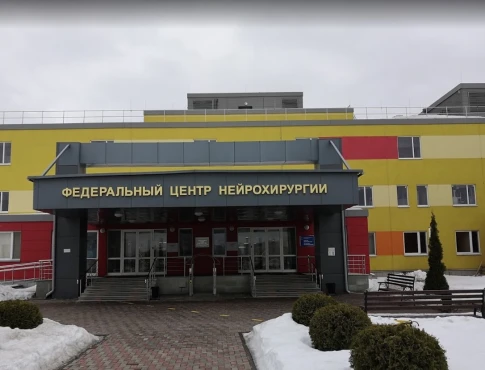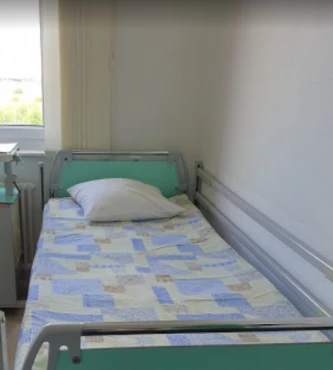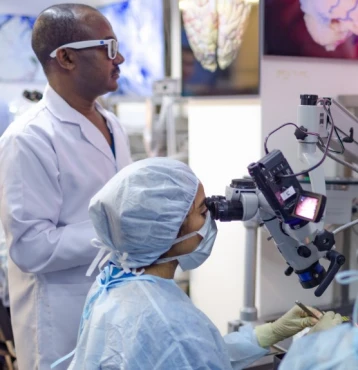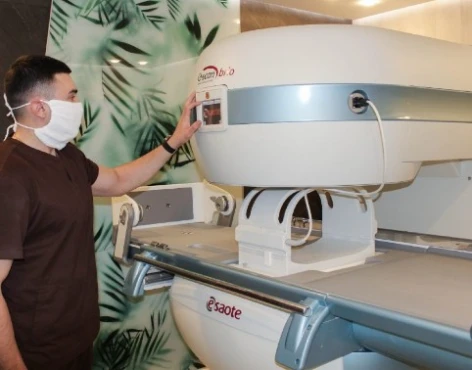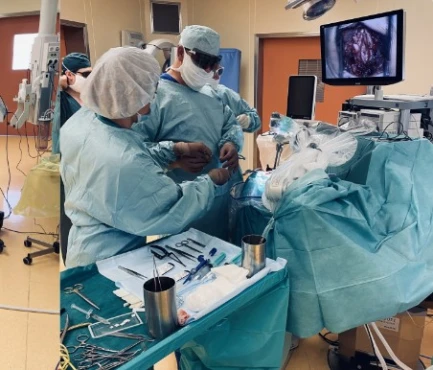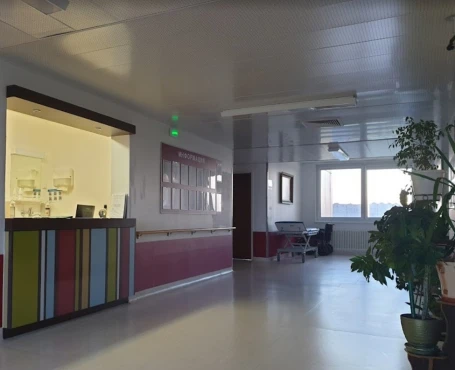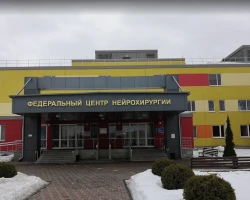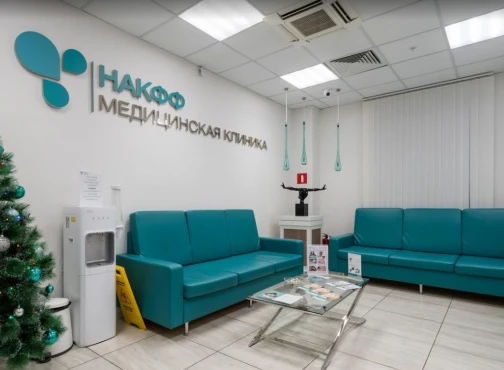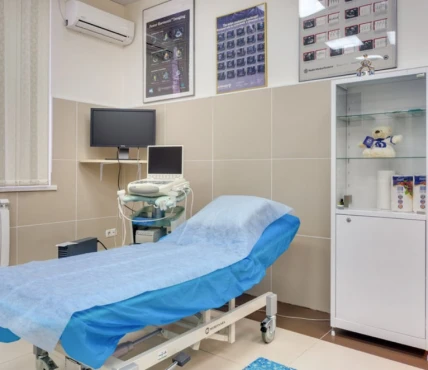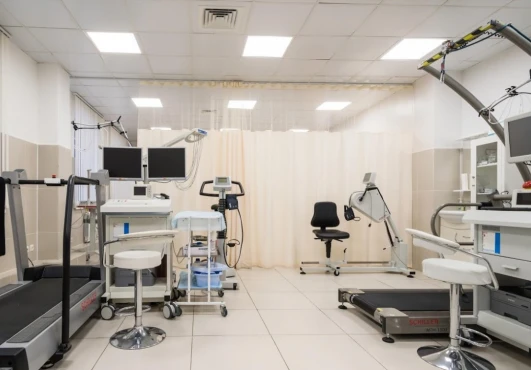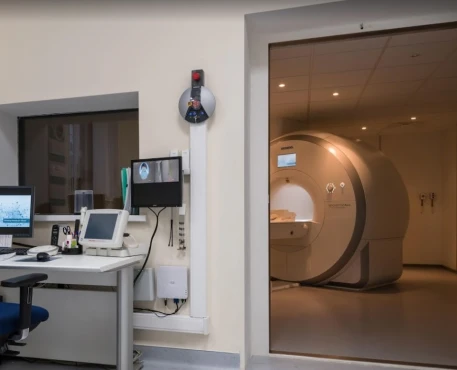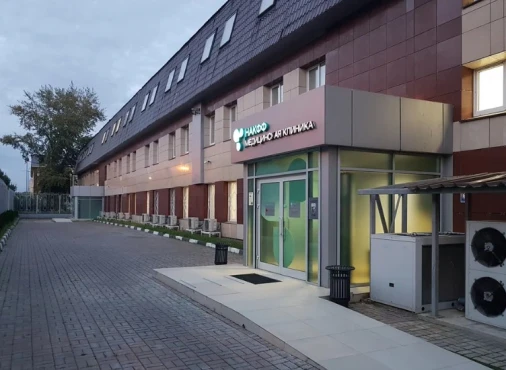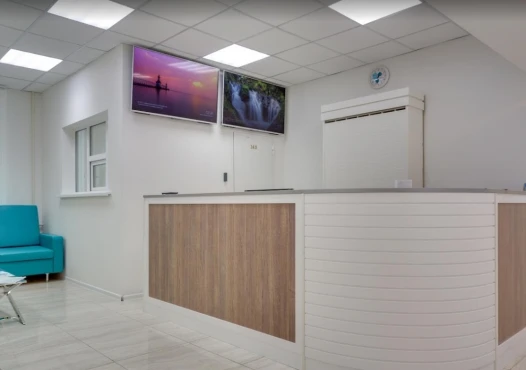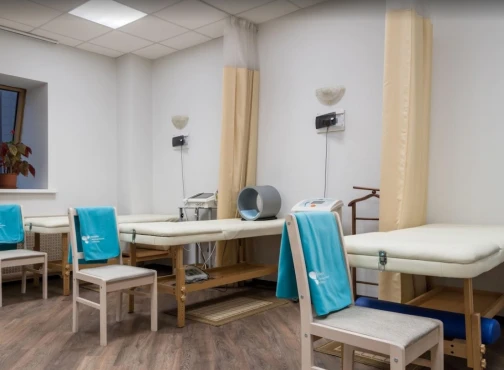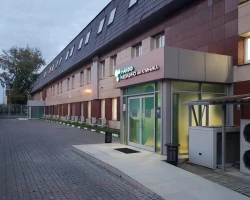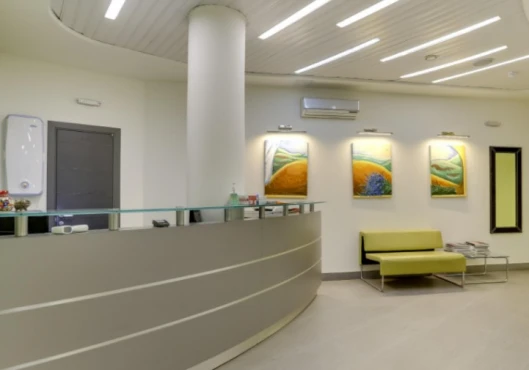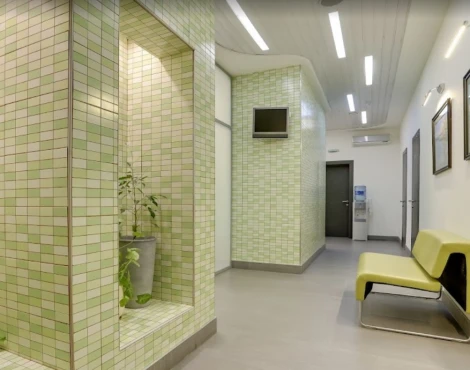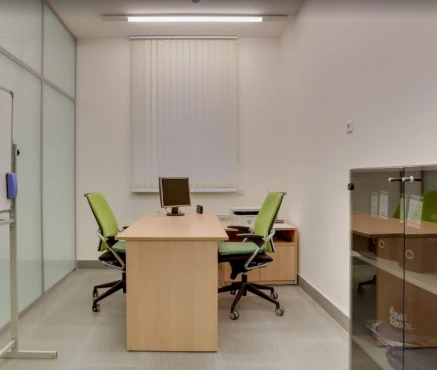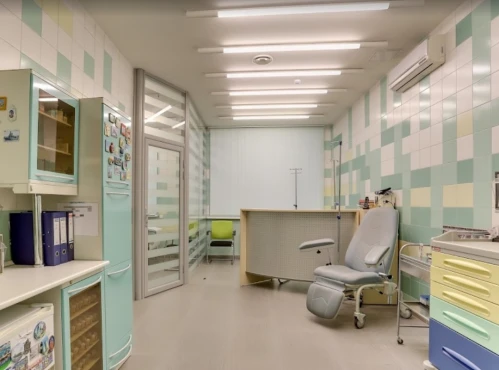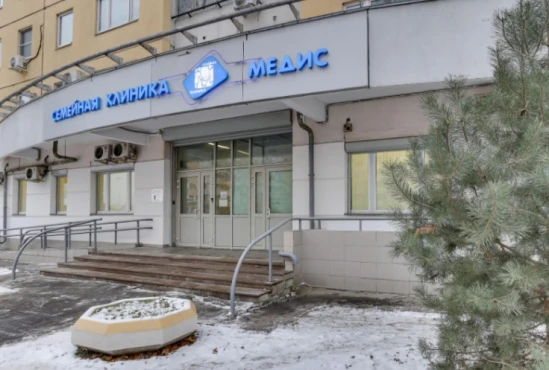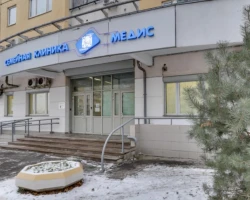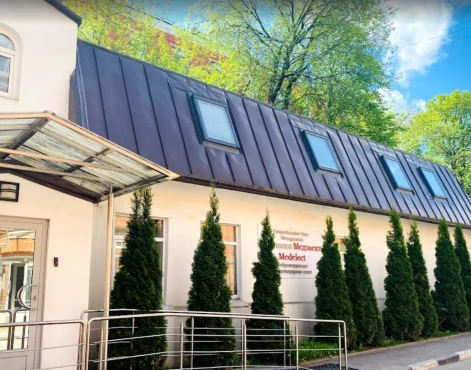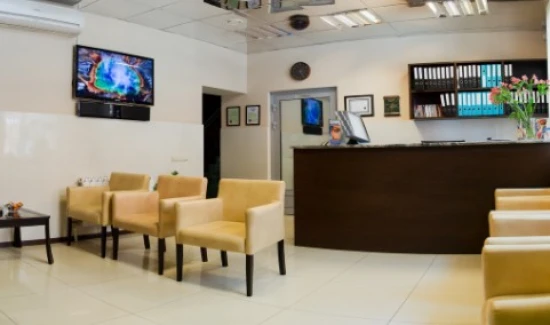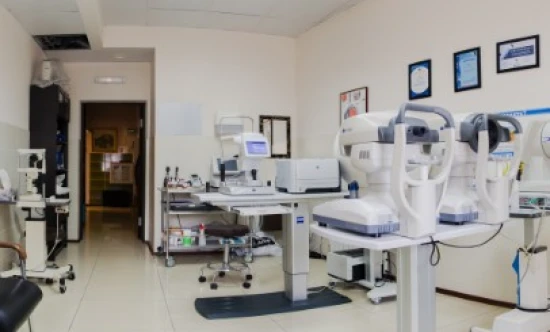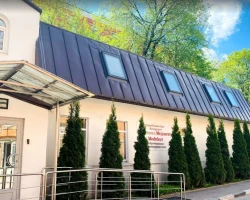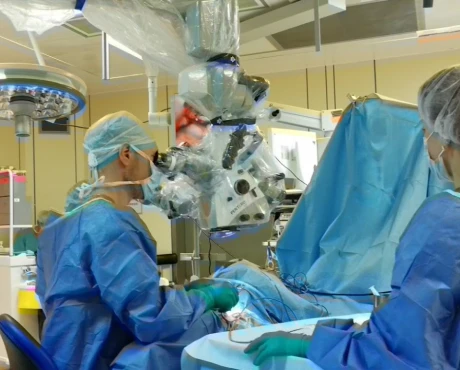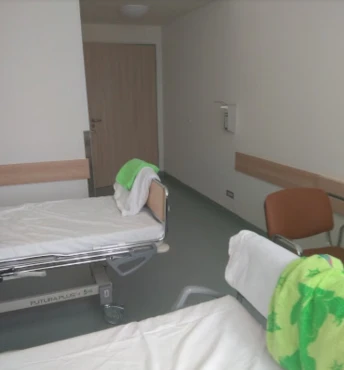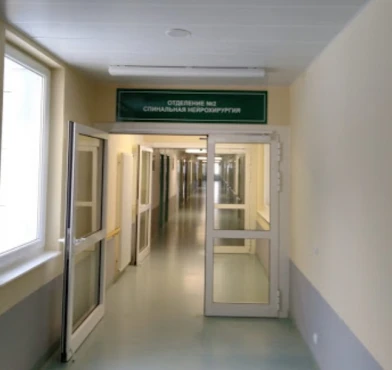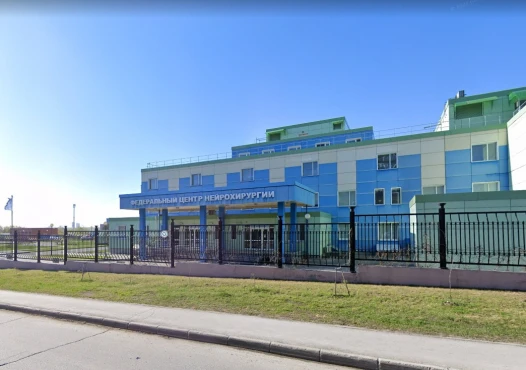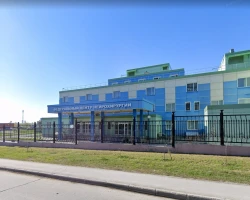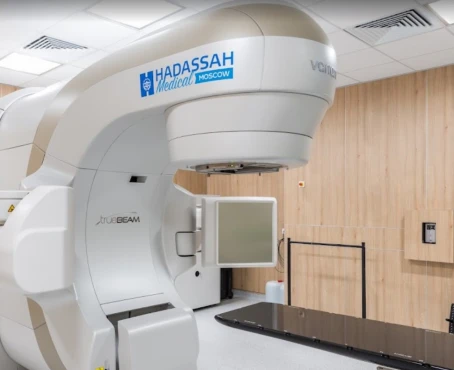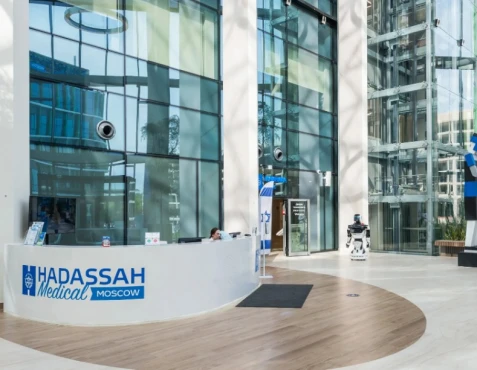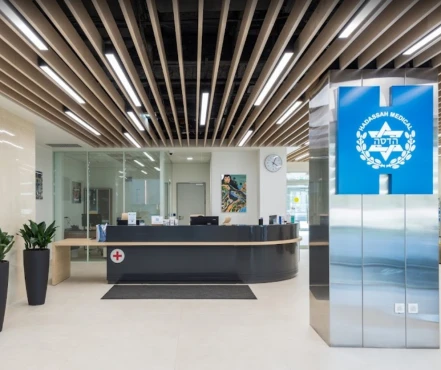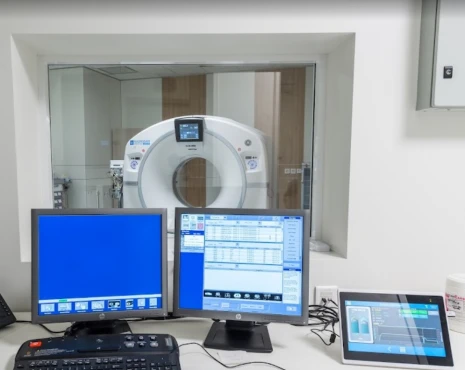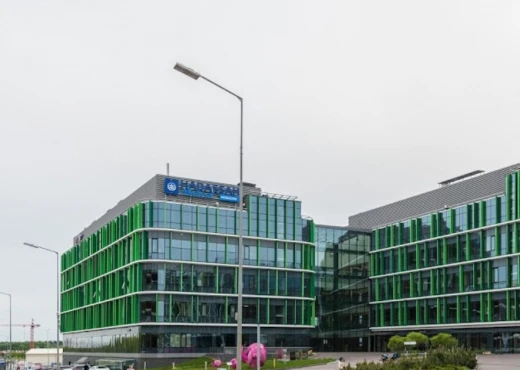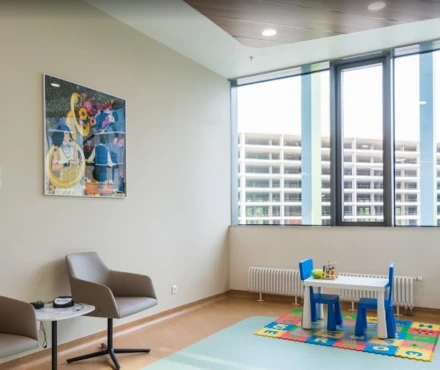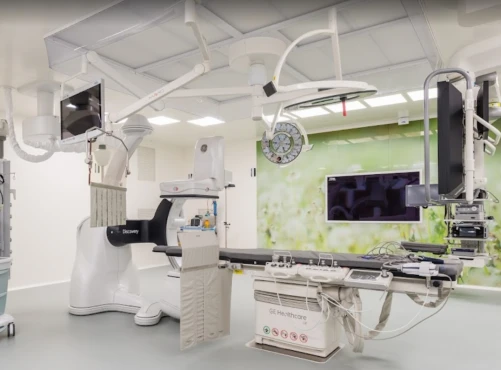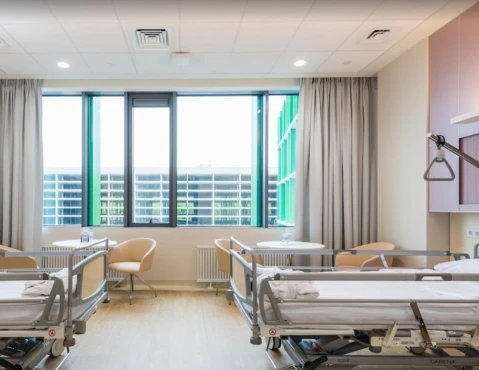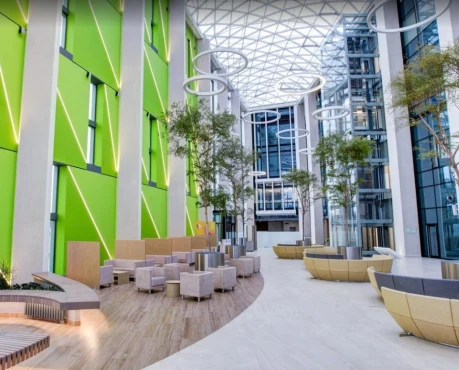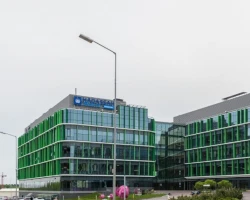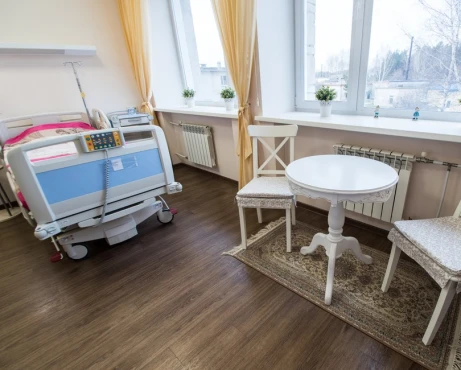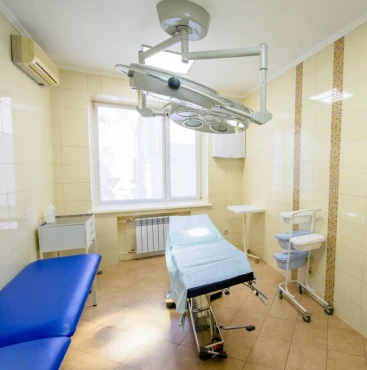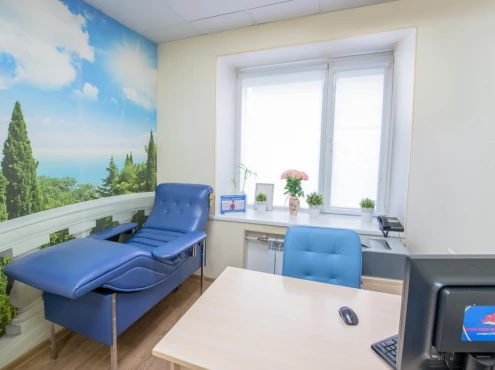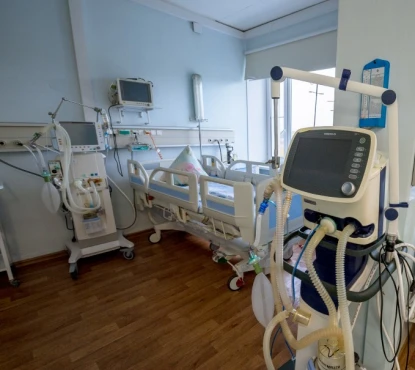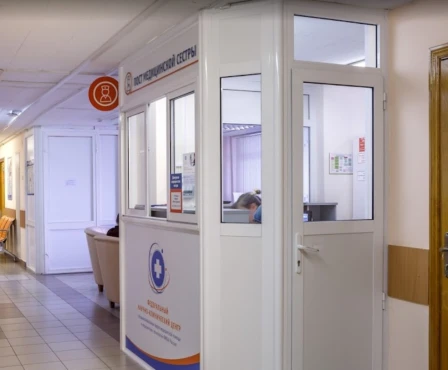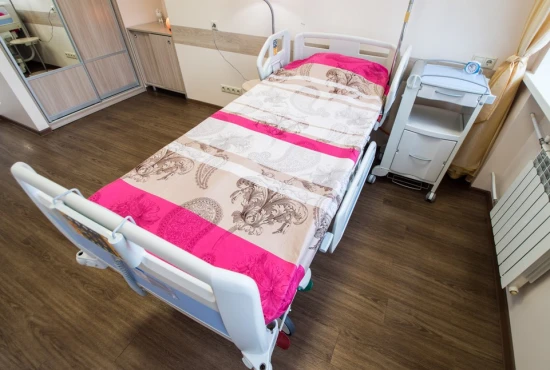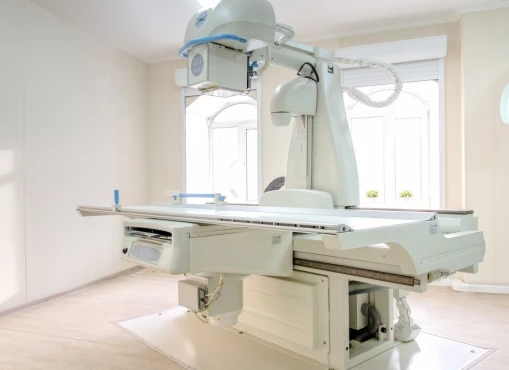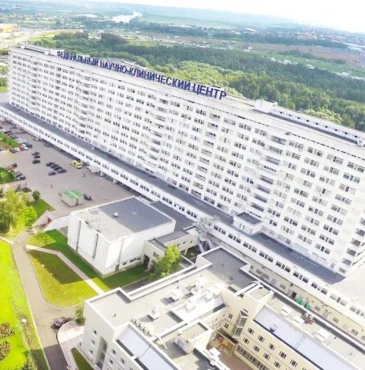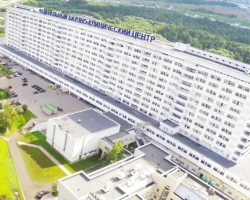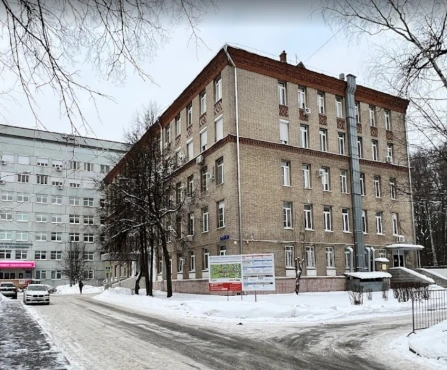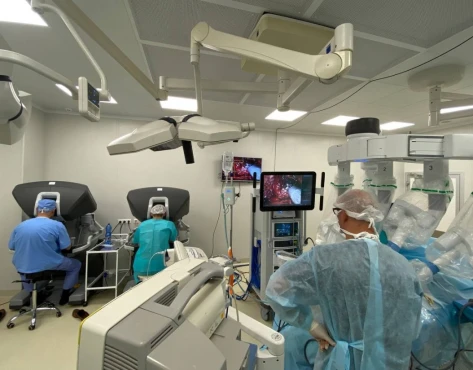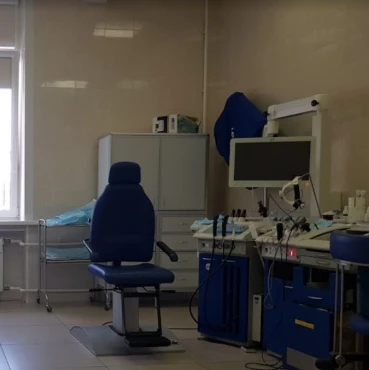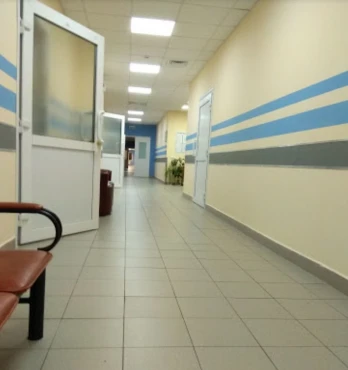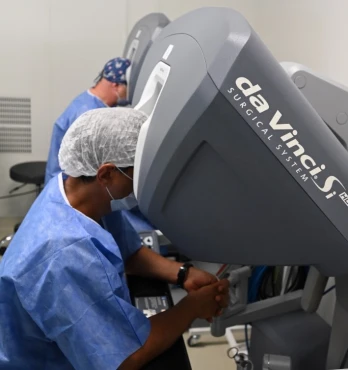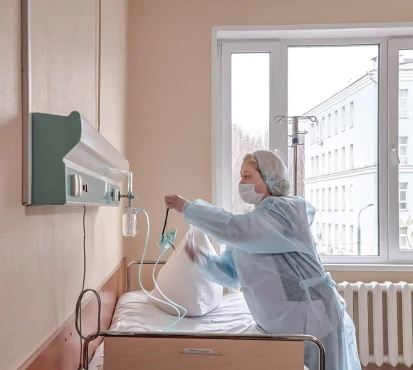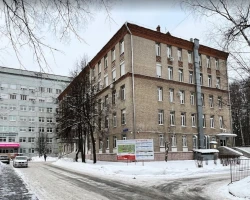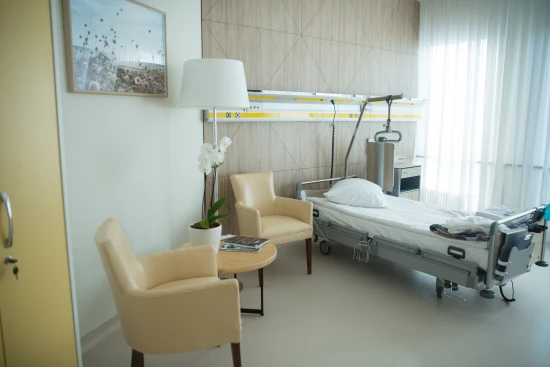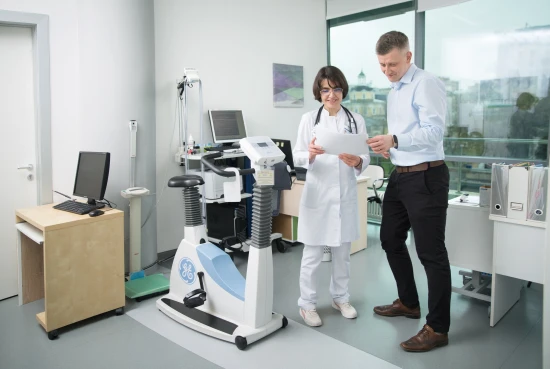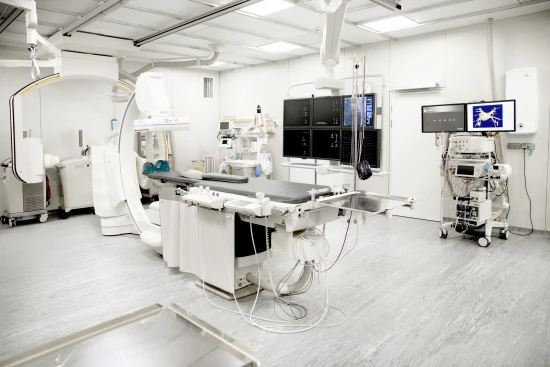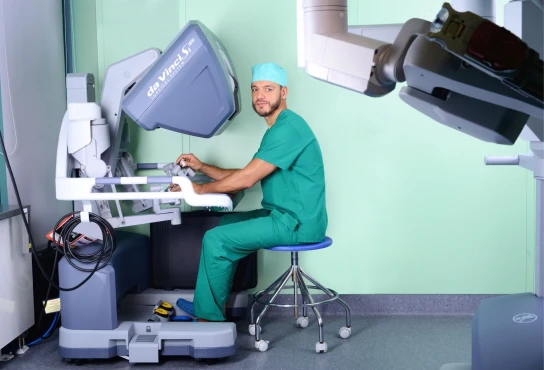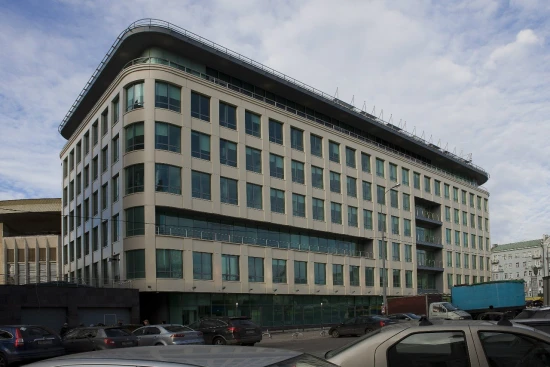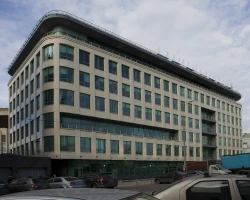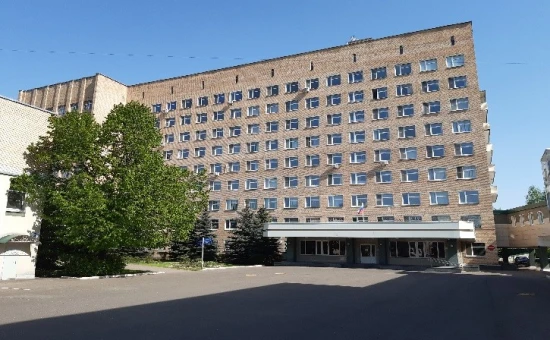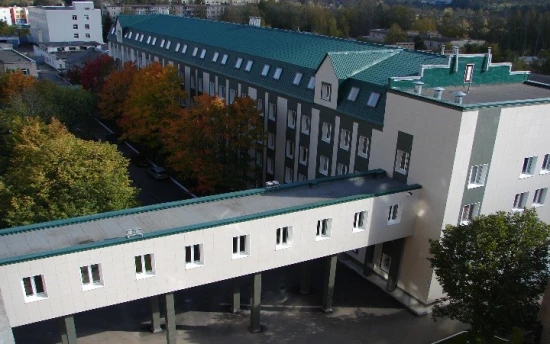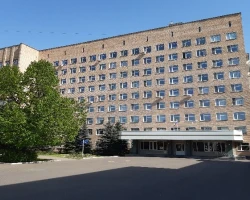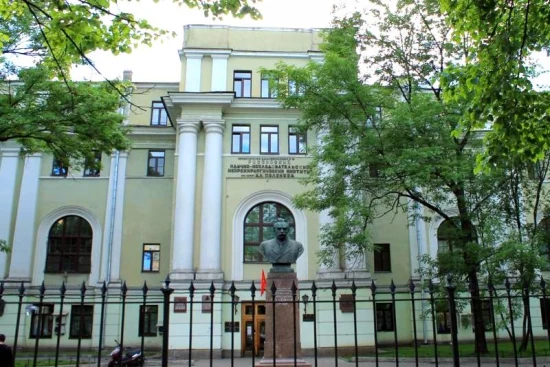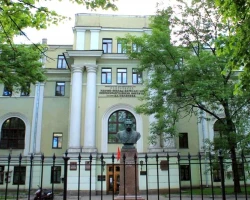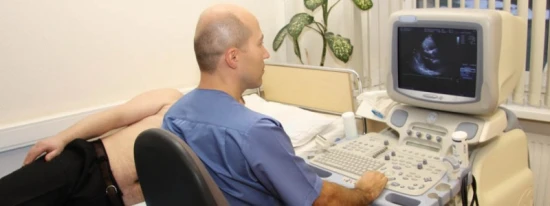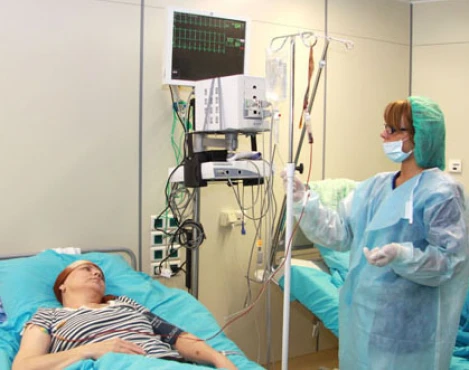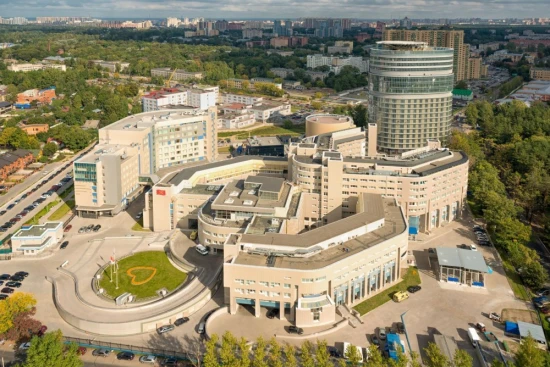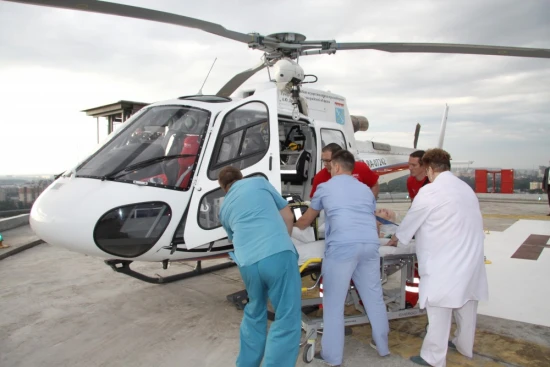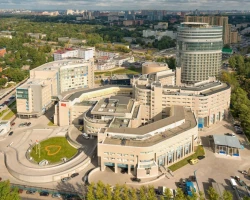Parkinson’s disease: from diagnosis to management.
Introduction
Parkinson's disease is a complex neurological disorder that affects millions of people worldwide. Named after the British physician James Parkinson, who first described the condition in 1817, it is a progressive disease that primarily impacts the motor system. While there is no cure for Parkinson's disease, significant advancements have been made in understanding its causes, symptoms, and treatment options. In this article, we will explore Parkinson's disease in detail, including its symptoms, risk factors, underlying causes, and the latest approaches to managing this challenging condition.
Understanding Parkinson's Disease
Parkinson's disease is a chronic and progressive neurodegenerative disorder that primarily affects the central nervous system. It belongs to a group of conditions known as movement disorders. The hallmark feature of Parkinson's disease is the degeneration of dopamine-producing neurons in a region of the brain called the substantia nigra. Dopamine is a neurotransmitter that plays a crucial role in regulating movement, balance, and coordination.
Symptoms of Parkinson's Disease
Parkinson's disease is characterized by a wide range of motor and non-motor symptoms. The severity and combination of these symptoms can vary from person to person. Some of the most common symptoms include:
- Tremors: Involuntary shaking or trembling of the hands, fingers, or other body parts, often referred to as "resting tremors."
- Bradykinesia: Slowness of movement, which can result in reduced facial expressions, difficulty initiating walking, and overall sluggishness in physical actions.
- Muscle Rigidity: Stiffness and inflexibility of the muscles, leading to discomfort and limited range of motion.
- Postural Instability: Difficulty in maintaining an upright posture and an increased risk of falling.
- Freezing of Gait: A sudden and temporary inability to take a step while walking, as if the feet are glued to the ground.
- Balance Problems: Frequent loss of balance and coordination, making it challenging to perform everyday tasks.
- Micrographia: Handwriting becomes smaller and more cramped.
- Speech Changes: Slurred speech and reduced vocal volume.
- Non-Motor Symptoms: These include depression, anxiety, sleep disturbances, constipation, and cognitive changes. Many individuals with Parkinson's disease also experience a loss of the sense of smell.
Causes and Risk Factors
The exact cause of Parkinson's disease remains unknown, but it is believed to involve a combination of genetic and environmental factors. Some key factors associated with the development of Parkinson's disease include:
- Age: Parkinson's disease is more common in older adults, with the risk increasing significantly after the age of 60.
- Genetics: While most cases of Parkinson's disease are not directly inherited, certain genetic mutations can increase susceptibility to the condition.
- Environmental Factors: Exposure to toxins like pesticides and herbicides has been linked to an increased risk of Parkinson's disease.
Diagnosis
Diagnosing Parkinson's disease can be challenging, as there are no specific tests to confirm the condition definitively. Diagnosis is typically based on a thorough medical history, a detailed examination of symptoms, and neurological assessments. In some cases, neuroimaging studies like MRI or DaTscan may be used to rule out other conditions.
Treatment Options
Parkinson's disease is a complex condition that requires a multi-faceted approach to management. While there is no cure, various treatment options are available to alleviate symptoms and enhance the quality of life for individuals living with Parkinson's. Treatment plans are highly individualized and may evolve over time as the disease progresses. Here are some additional details about treatment options:
- Medications:
Medications are a cornerstone of Parkinson's disease management. The primary goal of medication is to increase the brain's dopamine levels or mimic dopamine's effects. Some common medications include:- Levodopa: Levodopa is the most effective medication for managing motor symptoms. It is typically combined with carbidopa (Sinemet) to prevent levodopa from being broken down in the bloodstream before it reaches the brain.
- Dopamine Agonists: These drugs stimulate dopamine receptors in the brain. They can be used alone or in combination with levodopa.
- COMT Inhibitors: Catechol-O-methyltransferase (COMT) inhibitors, such as entacapone (Comtan), extend the effects of levodopa by preventing its breakdown.
- MAO-B Inhibitors: Monoamine oxidase type B (MAO-B) inhibitors, like selegiline (Eldepryl) and rasagiline (Azilect), help increase dopamine levels by inhibiting its breakdown.
- Physical Therapy: Physical therapy can help individuals with Parkinson's disease improve their mobility, balance, and muscle strength.
- Occupational Therapy: Occupational therapists assist in finding practical ways to manage daily activities and maintain independence.
- Speech Therapy: Speech therapists work with individuals who experience speech and swallowing difficulties due to Parkinson's disease.
- Surgery: Deep brain stimulation is a surgical procedure that may be considered for individuals who no longer respond well to medication or experience motor fluctuations. It involves the implantation of electrodes into specific brain regions, such as the subthalamic nucleus or globus pallidus. These electrodes are connected to a pacemaker-like device called a neurostimulator, which sends electrical signals to modulate abnormal brain activity. DBS can significantly reduce motor symptoms and enhance overall function.
Lifestyle Modifications: Lifestyle changes can make a significant difference in symptom management. These include:
- Regular Exercise: Engaging in regular physical activity can help improve balance, coordination, and muscle strength. Activities like yoga, tai chi, and aerobic exercises are beneficial.
- Balanced Diet: A nutritious diet rich in antioxidants, omega-3 fatty acids, and fiber can support overall health. Some studies suggest that the Mediterranean diet may have neuroprotective properties.
- Stress Management: Stress can exacerbate Parkinson's symptoms. Stress reduction techniques such as meditation, mindfulness, and relaxation exercises can be helpful.
- Sleep Hygiene: Sleep disturbances are common in Parkinson's disease. Practicing good sleep hygiene, such as maintaining a regular sleep schedule and creating a comfortable sleep environment, can improve sleep quality.
Prevention and Research
While Parkinson's disease cannot be prevented entirely, there is ongoing research aimed at understanding its causes and developing new treatments. Some studies suggest that a healthy lifestyle, including regular exercise and a balanced diet, may help reduce the risk of developing the disease. Additionally, researchers are investigating potential neuroprotective agents that could slow down the progression of Parkinson's disease.
Conclusion
Parkinson's disease is a complex neurological condition that presents a range of challenges for those affected. While it is not curable, advancements in medical research and treatment options offer hope for improved symptom management and quality of life. With ongoing research and a multidisciplinary approach to care, individuals with Parkinson's disease can continue to lead fulfilling lives despite the obstacles posed by this condition. It is crucial for individuals experiencing symptoms or at risk of Parkinson's disease to seek medical advice and support for early diagnosis and effective management.
